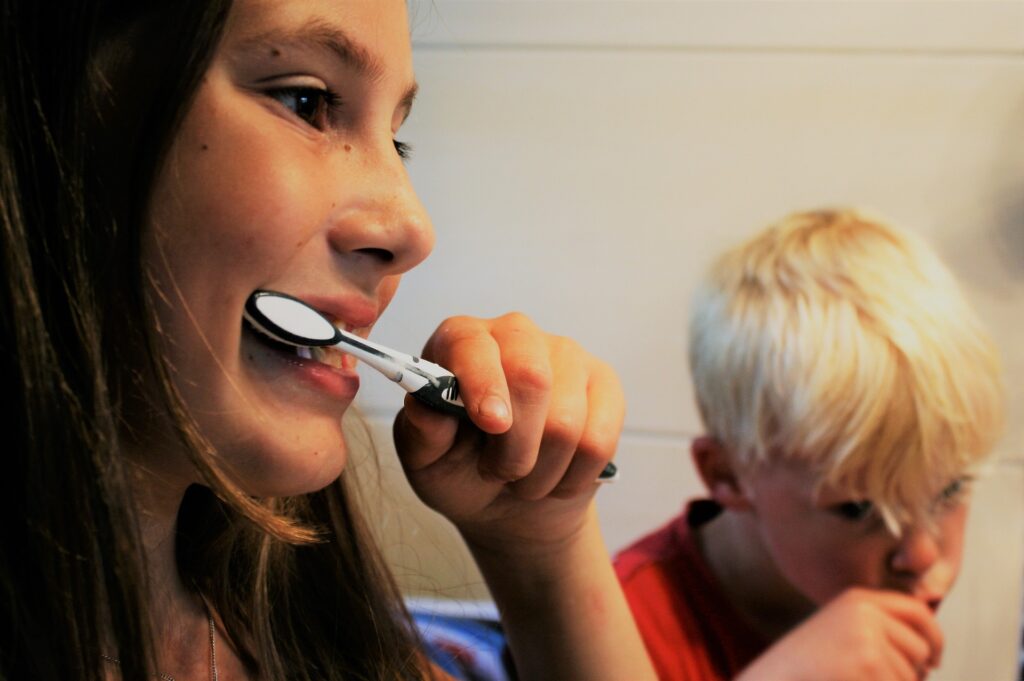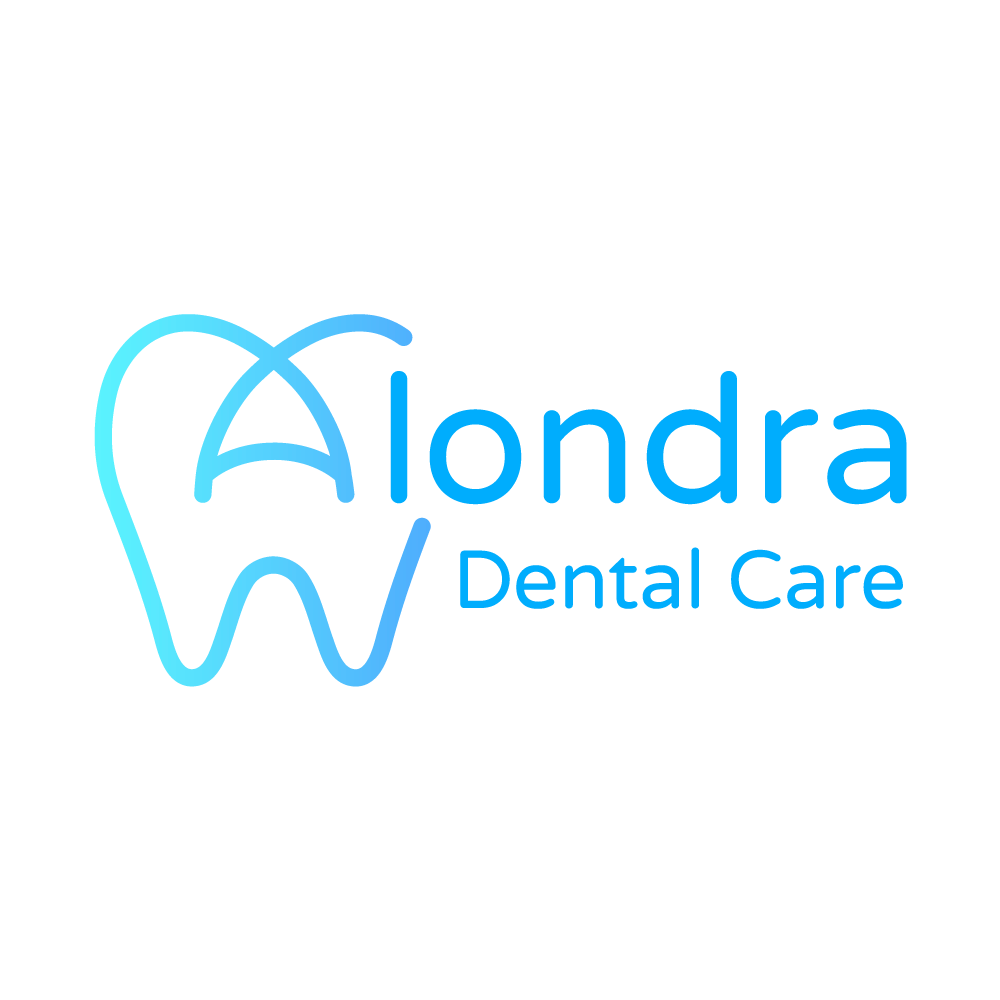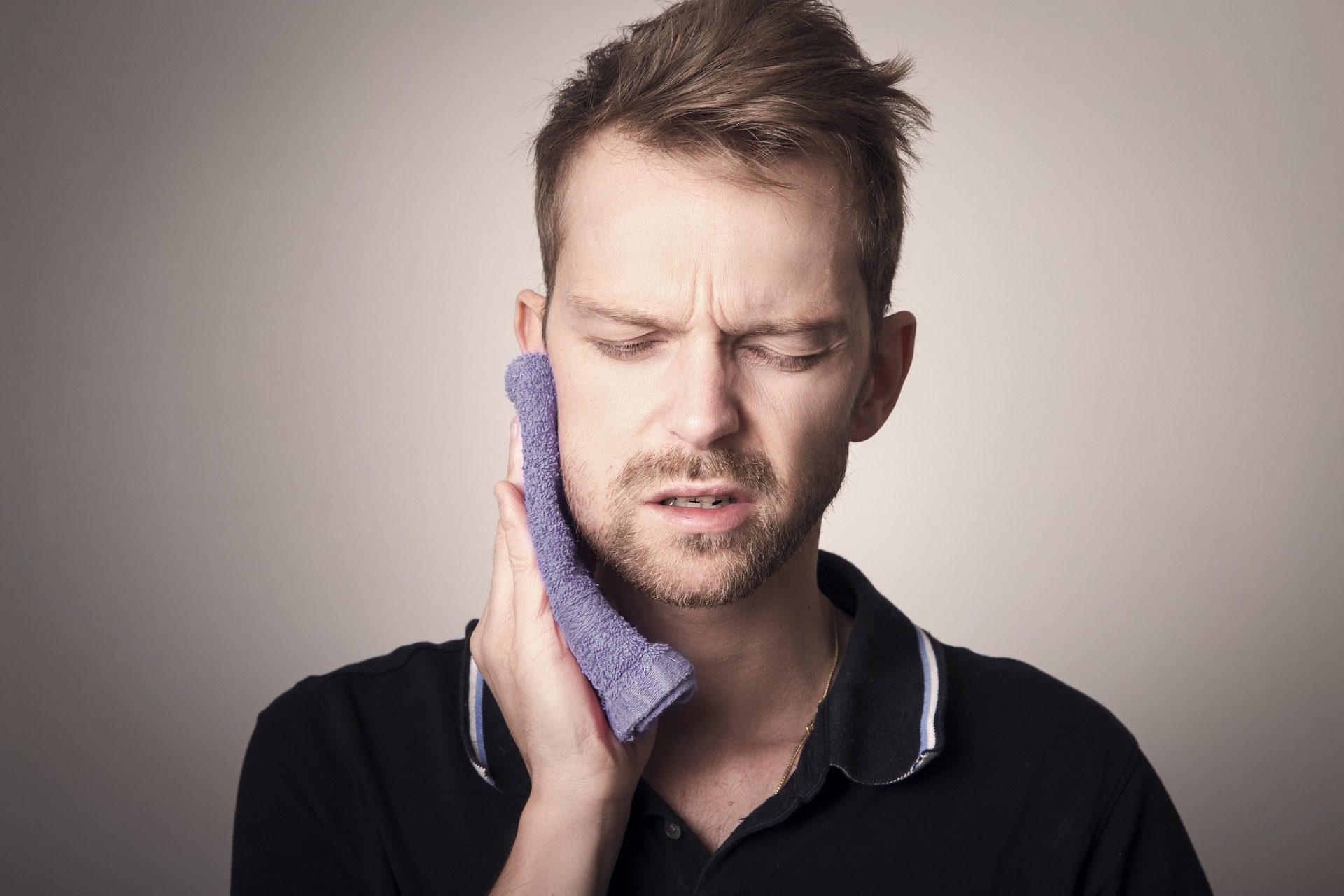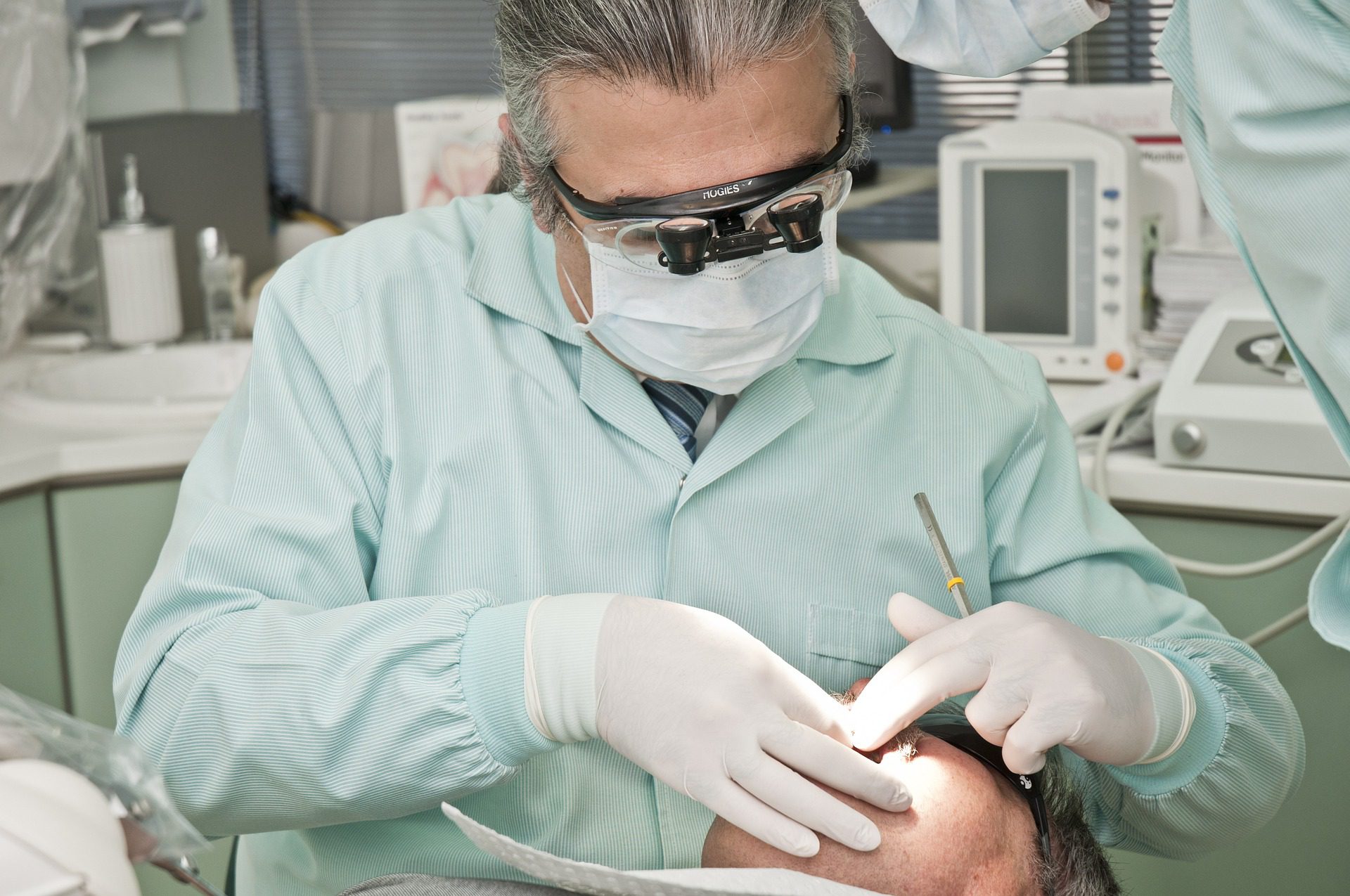You bite into the chocolate-covered ice cream bar you’ve been craving all day as you look forward to decompressing for the evening. After a long, agonizing day, the chocolate’s smooth sweetness is just what you need, but you soon realize that the agony isn’t over. The vanilla ice cream’s cold sensation strikes a nerve in your tooth, replacing the chocolate’s satisfying taste with shooting pain.
You’re experiencing intense tooth sensitivity these days, and you can’t help but ask, “What causes teeth sensitivity?” Can’t you do anything about it so you can get back to enjoying your favorite foods in peace?
Let’s explore the causes of teeth sensitivity and how to reduce sensitivity with effective treatment options.
Teeth Sensitivity: What Causes It?
The exposure of your teeth’s dentin — the tooth’s underlying layer — is what causes teeth sensitivity. This may happen due to tooth wear, also called erosion. The dentin may also become exposed if your gums recede or pull away from the teeth, causing your tooth roots to be exposed.
The hard enamel (outer layer of your teeth) doesn’t cover your tooth roots, which contain several thousand small channels that go to the center of your tooth, called the pulp. These channels, called tubules, allow stimuli like sweet, cold, and hot foods to make contact with your tooth’s nerve, leading to tooth pain. Teeth sensitivity may also occur due to dental problems such as cracked teeth, cavities (tooth decay), or gum disease.
More On Teeth Sensitivity Causes
Teeth sensitivity can have multiple causes. Let’s explore what causes teeth sensitivity.
Aggressive Brushing
Have you developed the habit of brushing your teeth vigorously? Chances are your aggressive brushing is contributing to your tooth pain. Hard brushing or using hard-bristled toothbrushes over time can cause your enamel to wear down, leaving your dentin exposed. Aggressive brushing may also cause the gums to recede.
Gum Disease and Recession
Sore and inflamed gum tissue is another symptom to consider if you’re wondering what causes teeth sensitivity. Gum disease can destroy the gums and bone surrounding your teeth, leaving your root surfaces exposed. You may also be genetically susceptible to thin tissue, making it easier for the tissue to pull away from the teeth and expose your tooth roots.
Teeth Grinding
Perhaps you wake up in the morning with sore jaws. This may be due to clenching or grinding your teeth at night. Sore jaws aren’t the only problem that teeth grinding can cause: It can lead to tooth sensitivity, too, as it might wear down your enamel, exposing the underlying dentin.
Cracked Teeth
Let’s say one of your teeth has become broken or chipped. The damaged tooth might become filled with bacteria from the sticky surface that forms on your teeth after you eat, called plaque. These bacteria may enter your pulp, leading to inflammation.
Teeth Whitening
Although teeth whitening products may enhance your smile’s appearance, they can be a major cause of teeth sensitivity. Before trying a teeth whitening product, speak with your dentist about whitening options for patients with sensitive teeth.

How to Reduce Teeth Sensitivity
Patients exploring what causes teeth sensitivity may also be wondering how to reduce teeth sensitivity. Let’s explore a few treatment options you can take advantage of at home.
Soft Toothbrush
Considering that hard brushing is what causes teeth sensitivity in many patients, using a soft-bristled brush may help you overcome your tooth sensitivity problem. A soft brush will lead to less abrasion on the surface of your tooth. It may also irritate your gums less.
Desensitizing Toothpaste
Still having trouble with sensitive teeth after replacing your hard toothbrush with a soft one? Consider using a desensitizing toothpaste. You might have to try multiple brands to discover a product that best meets your needs. Spreading a small amount of desensitizing toothpaste on your exposed roots using a cotton swab before bedtime may also help you sleep better if tooth sensitivity keeps you awake at night.
Practice Excellent Oral Hygiene
Brushing your teeth twice daily and flossing once a day may help you combat tooth sensitivity. Keeping your teeth and gums healthy will reduce your chances of exposing the roots to the hot, cold, and sweet foods that cause sensitivity. Visiting your dentist for teeth cleanings twice a year will also ensure your pearly whites remain in tip-top shape.
Practice Mindful Eating
Regularly consuming acidic foods may gradually dissolve your tooth enamel, causing your dentin to be exposed. Acidic foods might also exacerbate existing tooth sensitivity, triggering pain.
In-Office Teeth Sensitivity Treatment
Patients wondering what causes teeth sensitivity and how to reduce teeth sensitivity may find solutions to their unique problems in their dentists’ offices. Speak with your dentist about your sensitivity issues if the above-listed at-home tooth sensitivity treatment options don’t work.
Your dentist may recommend that you undergo dental bonding, a restorative dental procedure performed to restore cracked or chipped teeth. The dentist may use this procedure to cover your exposed roots and eliminate your sensitivity problem. They might also apply a fluoride varnish or dentin sealer to your exposed root surfaces to protect them from pain-causing stimuli.
Receive Quality Dental Care at Alondra Dental Care
At Alondra Dental Care, we take pride in helping patients understand what causes teeth sensitivity and how to reduce teeth sensitivity. We can help diagnose the cause of your tooth sensitivity and recommend the best treatment options at home and in our office based on your situation. Alondra Dental Care also offers a wide range of other treatments, including tooth extractions, dental fillings, implants, crowns, bridges, porcelain veneers, dentures, and Invisalign for straightening teeth.
We stand out for our care and commitment to our patients, offering top-notch care and using state-of-the-art equipment during every procedure. Our staff have developed a reputation for putting our patients’ comfort first, too. We’ll clearly communicate what to expect, and we even encourage our patients to bring their headphones and music to appointments to make them feel at home. Request an appointment by giving us a call today!



